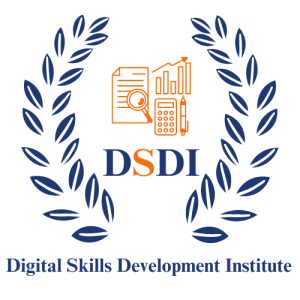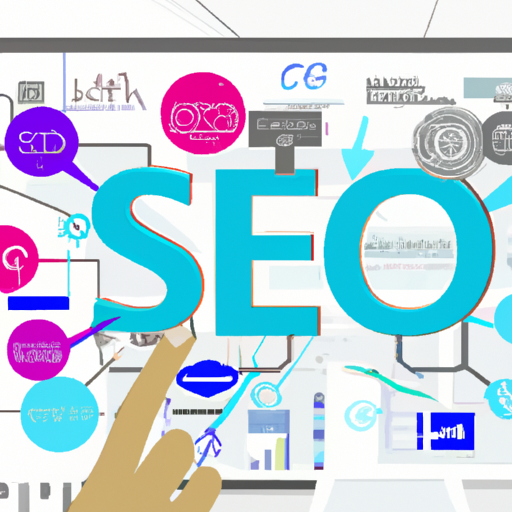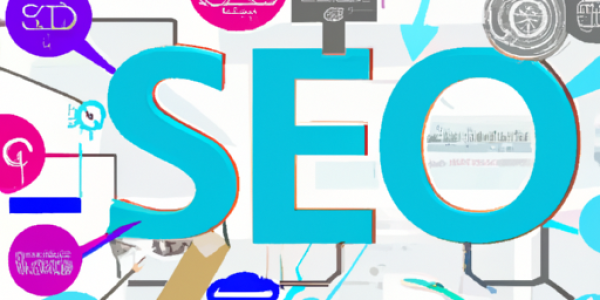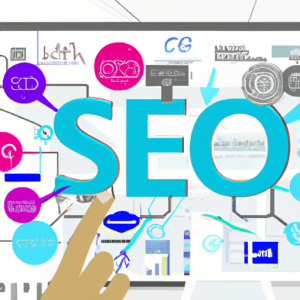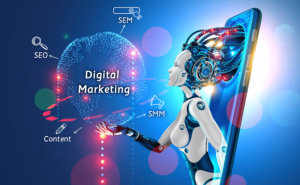The Role of AI in Data-Driven Digital Marketing
Artificial Intelligence (AI) has revolutionized various industries, and digital marketing is no exception. With the rise of big data, businesses are now equipped with vast amounts of valuable information. However, the challenge lies in extracting actionable insights from this data. This is where AI comes into play, utilizing advanced algorithms and machine learning techniques to analyze and leverage data effectively. In this article, we’ll explore the role of AI in data-driven digital marketing, and how it enables businesses to make data-backed decisions to drive growth and improve customer experiences.
1. Personalized Marketing Campaigns
One of the key benefits of AI in data-driven digital marketing is its ability to deliver personalized marketing campaigns. By analyzing vast amounts of customer data, AI can segment audiences based on various factors such as demographics, behavior, interests, and preferences. This segmentation allows businesses to create highly targeted and personalized marketing messages that resonate with individual customers. The result is increased engagement, higher conversion rates, and improved customer satisfaction.
Key points to consider under this heading:
- AI enables businesses to analyze vast amounts of customer data for segmentation.
- Segmentation allows for highly targeted and personalized marketing messages.
- Personalized marketing campaigns lead to increased engagement and higher conversion rates.
2. Enhanced Customer Experience
AI plays a crucial role in enhancing the overall customer experience. By utilizing AI-powered chatbots and virtual assistants, businesses can provide 24/7 customer support, answer queries, and resolve issues in real-time. These virtual assistants can understand and respond to natural language, ensuring a seamless customer experience. Furthermore, AI can also analyze customer feedback and sentiment analysis, enabling businesses to identify areas of improvement and enhance their products or services accordingly. This level of personalized customer experience not only fosters customer loyalty but also helps businesses stay ahead of their competition.
Key points to consider under this heading:
- AI-powered chatbots provide 24/7 customer support and real-time issue resolution.
- Virtual assistants understand and respond to natural language, enhancing customer experience.
- AI enables sentiment analysis, helping businesses identify areas of improvement.
- Personalized customer experience fosters customer loyalty and competitive advantage.
3. Predictive Analytics and Targeted Advertising
AI’s ability to analyze vast amounts of data quickly and accurately enables predictive analytics in digital marketing. By analyzing historical data, consumer behavior patterns, and market trends, AI algorithms can predict future outcomes and trends. This provides businesses with valuable insights for effective decision-making and targeted advertising. AI-powered data-driven advertising allows businesses to target specific audiences based on their browsing behavior, preferences, and purchase history. This targeted approach maximizes advertising efficiency, reduces costs, and increases ROI.
Key points to consider under this heading:
- AI enables predictive analysis based on historical data and consumer behavior.
- Businesses can make data-backed decisions using AI-generated insights.
- Data-driven advertising allows for targeted campaigns and improved ROI.
4. Automated Content Creation and Curation
Content creation and curation can be time-consuming and resource-intensive tasks. However, AI can automate these processes, saving businesses time and effort. AI algorithms can generate content such as blog articles, social media posts, and product descriptions based on data inputs. This not only increases productivity but also ensures consistent, high-quality content creation. Additionally, AI-powered content curation algorithms can analyze user preferences, interests, and engagement patterns to curate personalized content recommendations. This leads to a more personalized user experience and improved content engagement.
Key points to consider under this heading:
- AI automates content creation, saving time and effort.
- Automated content creation ensures consistency and high-quality output.
- AI-powered content curation provides personalized recommendations and improves user experience.
5. Data Analysis and Reporting
Data analysis is an integral part of data-driven marketing. AI algorithms can analyze vast amounts of data in real-time, identifying trends, patterns, and correlations that humans may overlook. This deep level of analysis enables businesses to make data-backed decisions and optimize marketing strategies. Furthermore, AI-powered reporting tools can generate detailed reports and visualizations that provide insights into campaign performance, customer behavior, and ROI. These reports help businesses track progress and make informed adjustments to their marketing campaigns.
Key points to consider under this heading:
- AI algorithms analyze data for identifying trends, patterns, and correlations.
- Data-backed decisions optimize marketing strategies for improved results.
- AI-powered reporting tools generate detailed reports and visualizations for tracking progress.
In conclusion, AI plays a crucial role in data-driven digital marketing by utilizing advanced algorithms and machine learning techniques to analyze and leverage data effectively. The role of AI includes delivering personalized marketing campaigns, enhancing customer experiences, enabling predictive analytics and targeted advertising, automating content creation and curation, and providing comprehensive data analysis and reporting. By embracing AI in their digital marketing strategies, businesses can gain a competitive edge, improve customer engagement and loyalty, and drive growth in today’s data-centric business environment.
